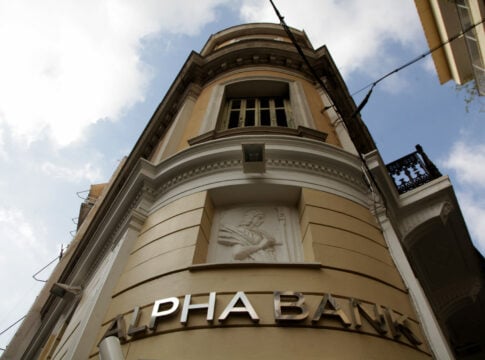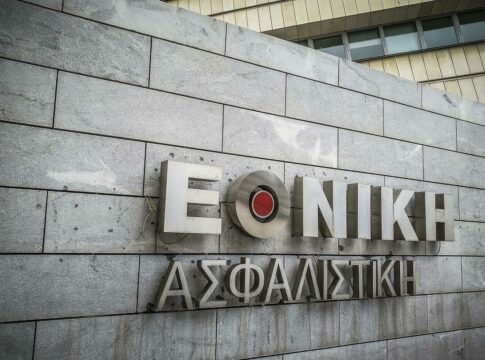More specifically, the new rules, which also include a procedure for imposing fines in case of violation of the directive, focus on the regulation of intermediary services, which is a term that does not only refer to online platforms (social media, online marketplaces, app stores, etc.), but also to internet service providers and web hosting services.
The role of EETT is crucial
Based on the draft law, the pivotal role of the Digital Services Coordinator is assumed by the National Telecommunications and Posts Commission (EETT), which as an independent authority will be responsible for the supervision of the intermediary services established in our country and for the coordination with the specific sectoral authorities. The competent authorities are the National Council for Radio and Television (NCRTV) and the Hellenic Data Protection Authority (APDPH) for issues related to their responsibilities, specifically the protection of minors and advertisements.
EETT creates, puts into operation and maintains a Register of Intermediate Service Providers in electronic form. Intermediate service providers who have their main establishment in Greece or whose legal representative resides or is established in Greece, if in the second case they do not have an establishment in the European Union but offer services in the European Union.
As provided for in the bill under consultation, in the case of providing inaccurate, incomplete or misleading information, failing to respond or correcting inaccurate, incomplete or misleading information and not submitting to an inspection, the fine may be up to 1% of the intermediary provider’s annual income or global turnover services.
More generally, the amount of the fine may not exceed 6% of the annual global turnover of the intermediary service provider in the previous financial year.














